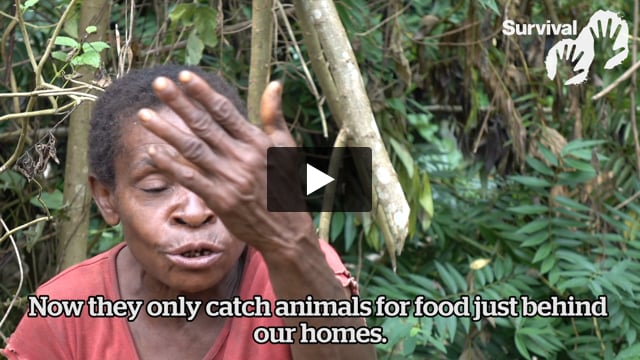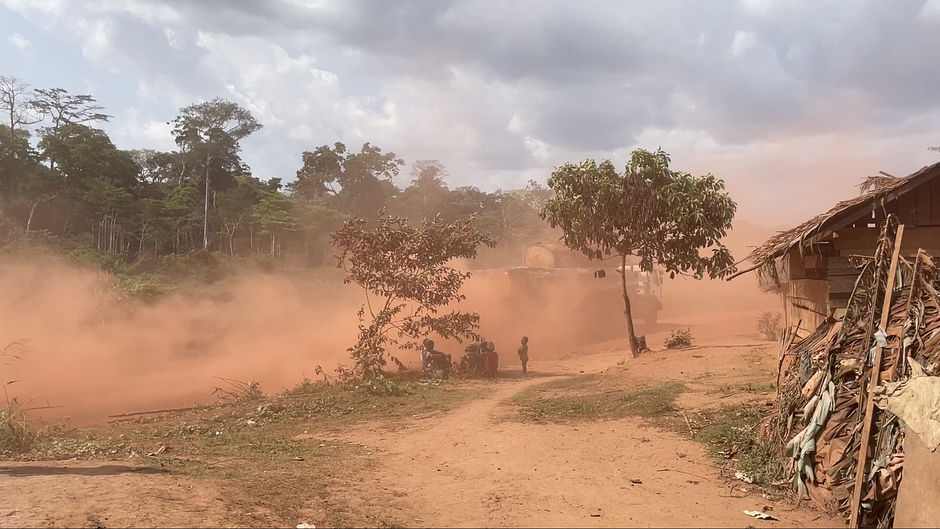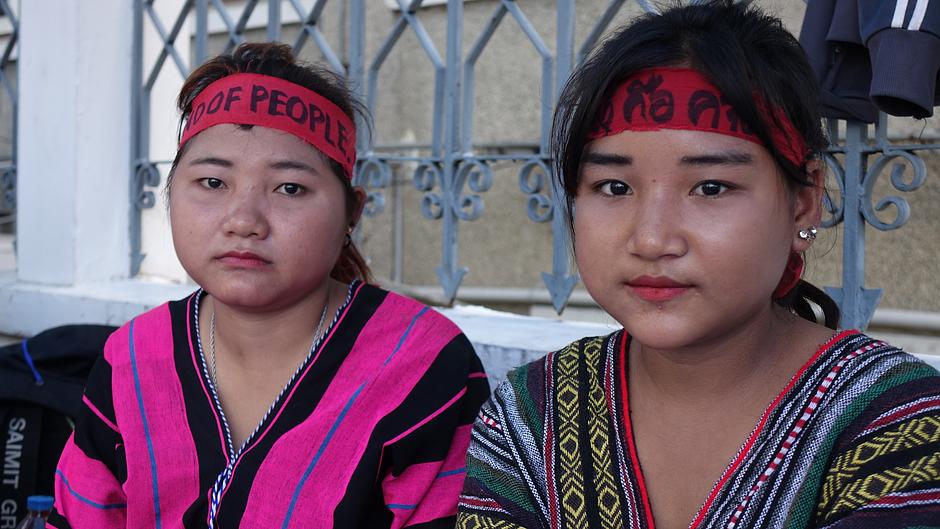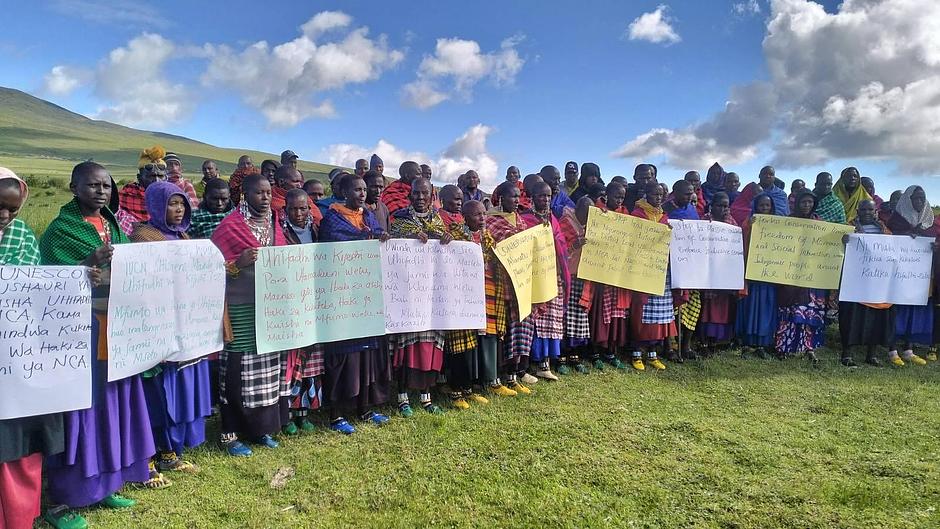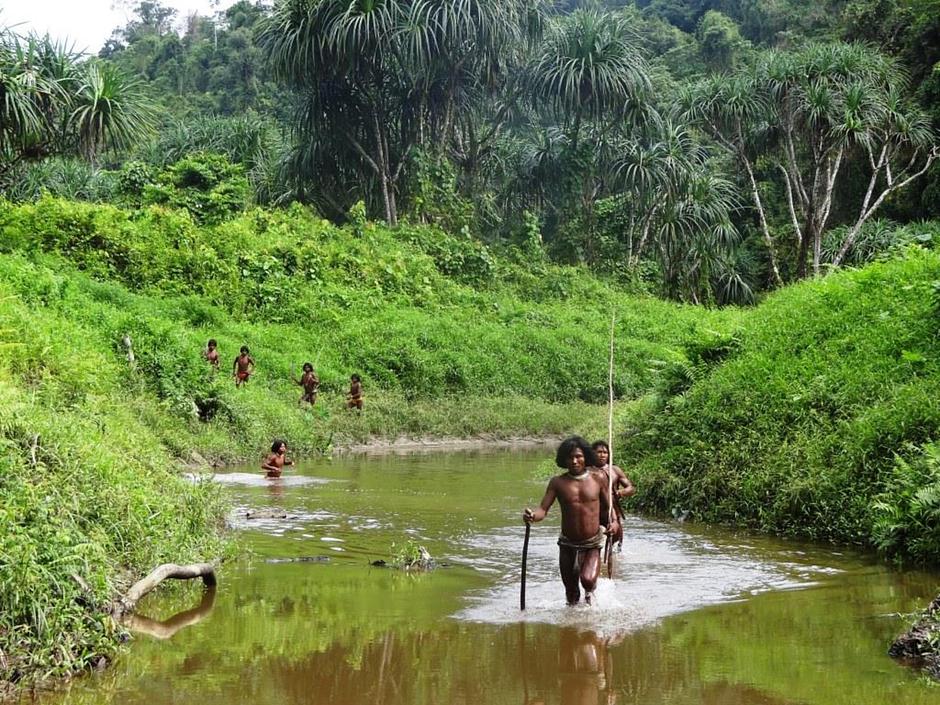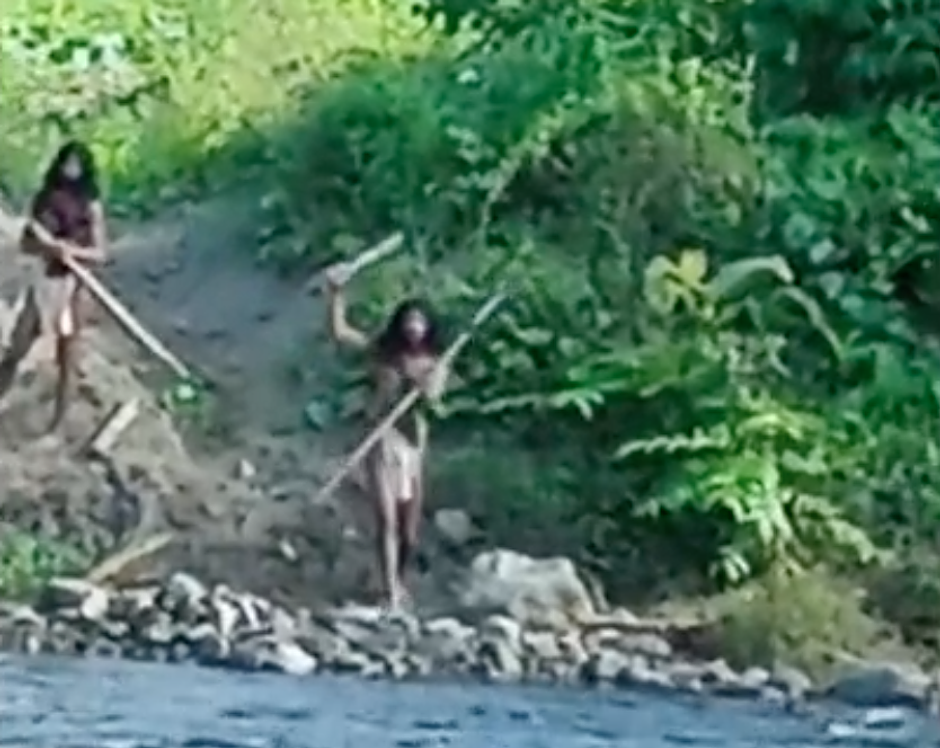Why don't Indigenous peoples in Africa and Asia get the same public support as Amazonian tribes?
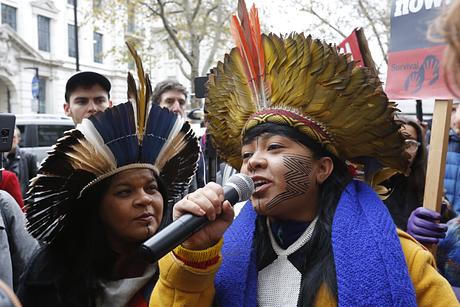 © Rosa Gauditano/ Survival International
© Rosa Gauditano/ Survival InternationalIn August 2019, a hunter-gatherer tribe living in one of the most important rainforests on Earth made a public plea for help:
“The forest is our home. We rely on the forest to live. We eat there, we find medicines there, we feel healthy when we are there. We raise our children well in the forest. But you people have stolen our forest. What are we going to do? How will we survive?”
At the time this statement was released, coverage of the Amazon fires was dominating the news and social media. Journalists flocked to Brazil’s Indigenous communities to hear from them first-hand, and there was an unprecedented display of solidarity from the public on social media. Indigenous voices went mainstream like never before.
Yet the words of this particular tribe, the one posing the desperate question “How will we survive?” were pretty much ignored by both the media at large and the general public — why?
On Survival International’s social media channels, we aim to amplify Indigenous voices to help change the world in their favor, but there are definitely some voices that our online audiences like to amplify more than others. Posts relating to Amazonian Indigenous people get exponentially more likes and shares than posts that feature tribal people from Africa and Asia.
The quote above is taken from a letter written by the Baka people, a tribe from the Congo Basin, who are inhabitants of the second biggest rainforest on Earth, after the Amazon. The Baka have shaped, nurtured, protected and depended on their forest for generations.
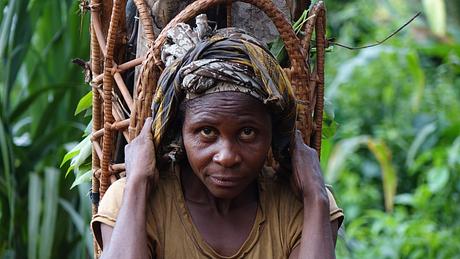
Just like in the Amazon, the tribal peoples of the Congo rainforest know and understand their environment better than anyone else: their unparalleled expertise is crucial to protecting this unique ecosystem.
Just like in the Amazon, the peoples of the Congo rainforest are suffering horrific violence and intimidation for no greater crime than just living the way they want to on their ancestral lands.
Just like in the Amazon, the tribal peoples of the Congo rainforest are facing land theft and genocide because greedy outsiders think they know best when it comes to the use of tribal land and resources, and so therefore have the right to simply take them.
But the people who are killing the Baka, torturing their children, burning their houses, stealing their belongings and cutting off their food supplies are not loggers or miners; they are park rangers, anti-poaching squads or ecoguards. Paradoxically, they are destroying the people best placed to save this forest, in the name of “conservation.” These atrocities are carried out with funding from WWF, one of the world’s pre-eminent conservation groups, and the European Commission, among others.
Please email the Director-General of WWF in solidarity with the Baka people
What’s going on is not conservation at all, it is simply a land grab, driven by the same racist logic that drives loggers to invade Indigenous land in the Amazon: that the Indigenous inhabitants don’t “deserve” ownership over their forests because they are too “primitive” to use this land “properly.” This same logic is also threatening forest ecosystems and their Indigenous inhabitants in Asia.
The future of the Congo rainforest (and indeed all forests) depends on its Indigenous people as much as that of the Amazon, and any approach to “conservation” that wounds, alienates and ultimately destroys the environment’s best allies is certain to harm, not help, the ecosystem it claims to be protecting. “We know where and when the poachers are in the forest, but no-one will listen to us,” a Baka man told Survival
Indigenous lives clearly don’t matter to big conservationists like WWF, because their main response to the atrocities against the Baka and other tribes has been to try and cover this up and hire expensive PR experts to limit their reputational damage (they’ve been doing this for around 30 years now). Perhaps, if WWF knew how strongly the public was against this inhumane treatment, and, more specifically, if this outrage began to affect their donations, they would finally act to make the abuse stop.If you support the Indigenous movement in the Amazon, please show the same solidarity to Indigenous peoples defending their forests in Africa and Asia too. The public response to the Amazon fires had a hugely significant impact and changed the direction of policy in Brazil. If the public would give equally staunch and vocal support to African and Asian tribal peoples, this would undoubtedly change the world… and possibly save the planet too.
Please email the Director-General of WWF in solidarity with the Baka people
Download our Activists Pack to amplify the Baka’s voices on social media
SURVIVAL INTERNATIONAL is the global movement for tribal peoples. Since 1969 we have helped them defend their lives, protect their lands and determine their own futures.


